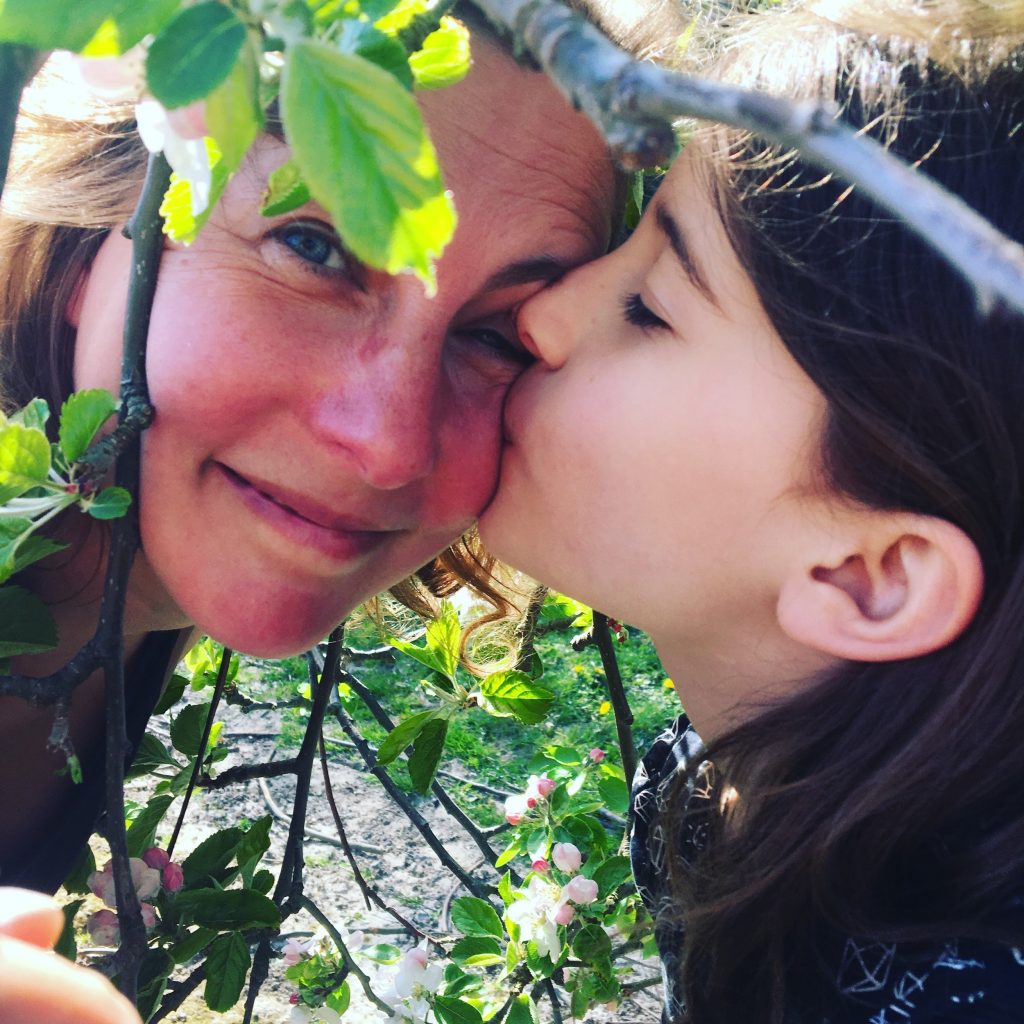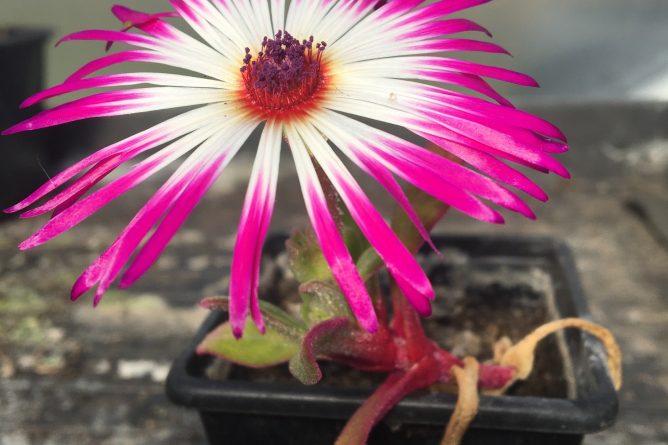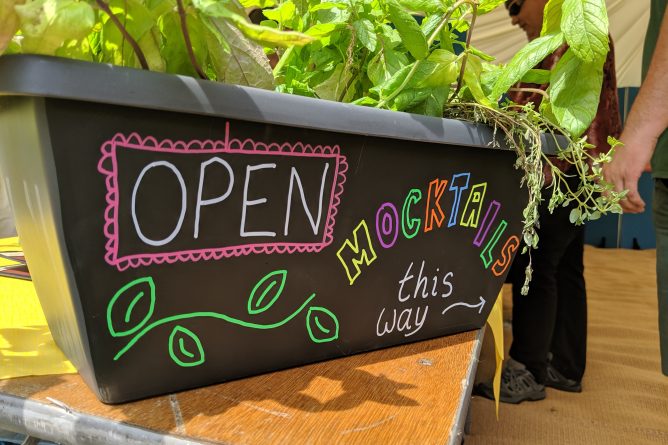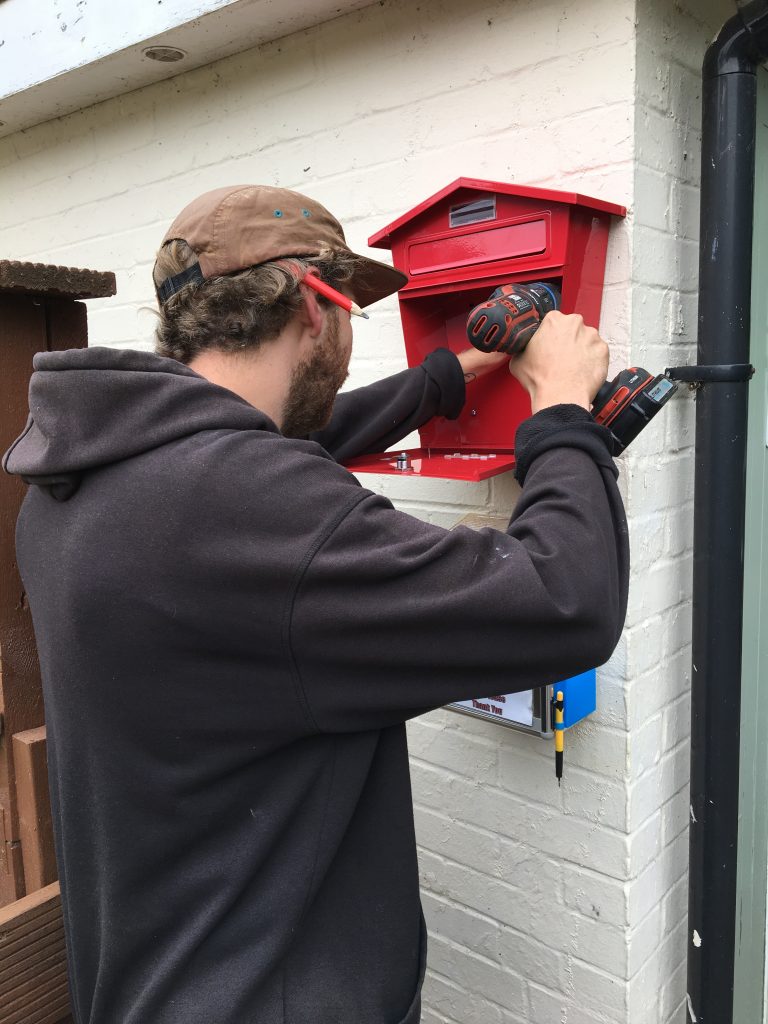How to do ecotherapy at home
Ecotherapy is essentially all about improving your mental and physical wellbeing by doing activities outdoors in nature, but what happens when your time outside is limited, or you can’t access green spaces easily? In these difficult times, where social distancing and staying at home is becoming the new normal, let’s take a look at what can be done to top up our daily dose of green care.
Here at KentCOG even though volunteers are unable to get to the community garden to work in nature, every individual can still experience nature and the positive effects it has on wellbeing and physical health from home, and so can you. Here’s how, with some of my favourite suggestions from Mind’s Making sense of ecotherapy resource, available online at www.mind.org.uk:
Bring nature into your home environment
- Collect natural materials such as leaves, flowers, feathers, tree bark, seeds and anything else that you like to decorate your home and use in art projects.
- Create a comfortable space to sit in in your home where you can look out over a view of the sky or a tree.
- Grow plants on your windowsills.
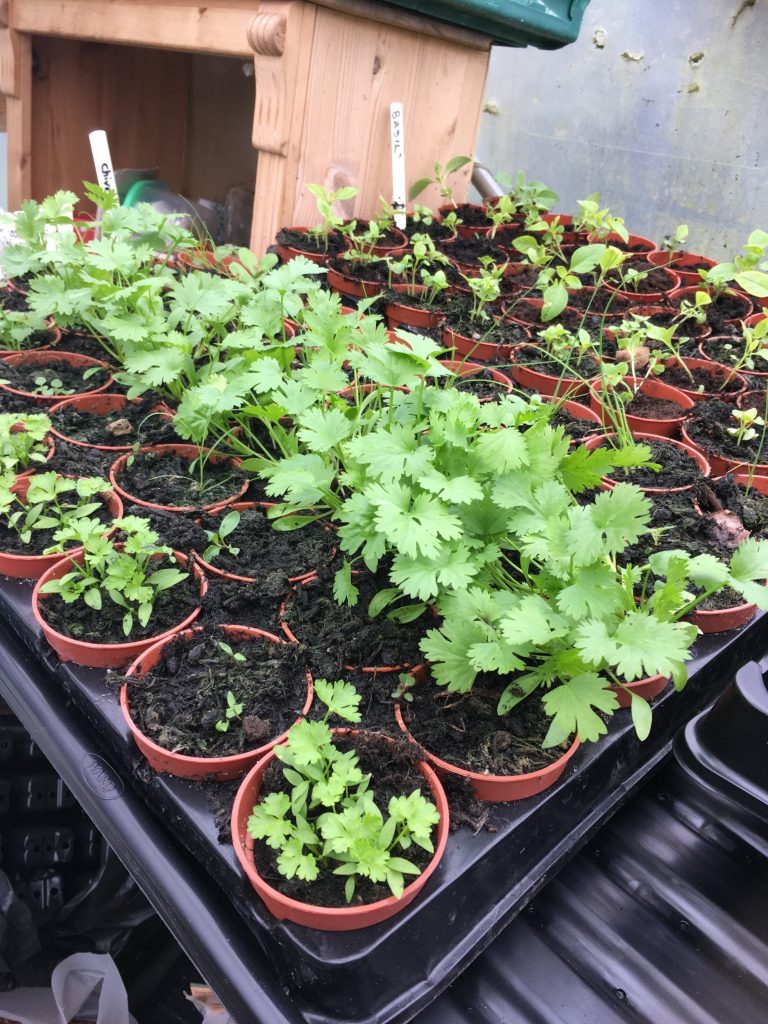
- Take photos of your favourite places in nature and set them as your phone and computer backgrounds.
- Try to do more everyday activity in front of a window so that you can see the sky (for example ironing clothes, chopping vegetables, brushing your teeth, drying dishes or daily exercises).
- Download some recordings of your favourite natural sounds such as birdsong or waves.
Try horticulture at home
- Create a growing space at home. If you don’t have a garden invest in a window box or plant pot and plant some salad leaves or herbs – even keeping a small container on your windowsill can help.
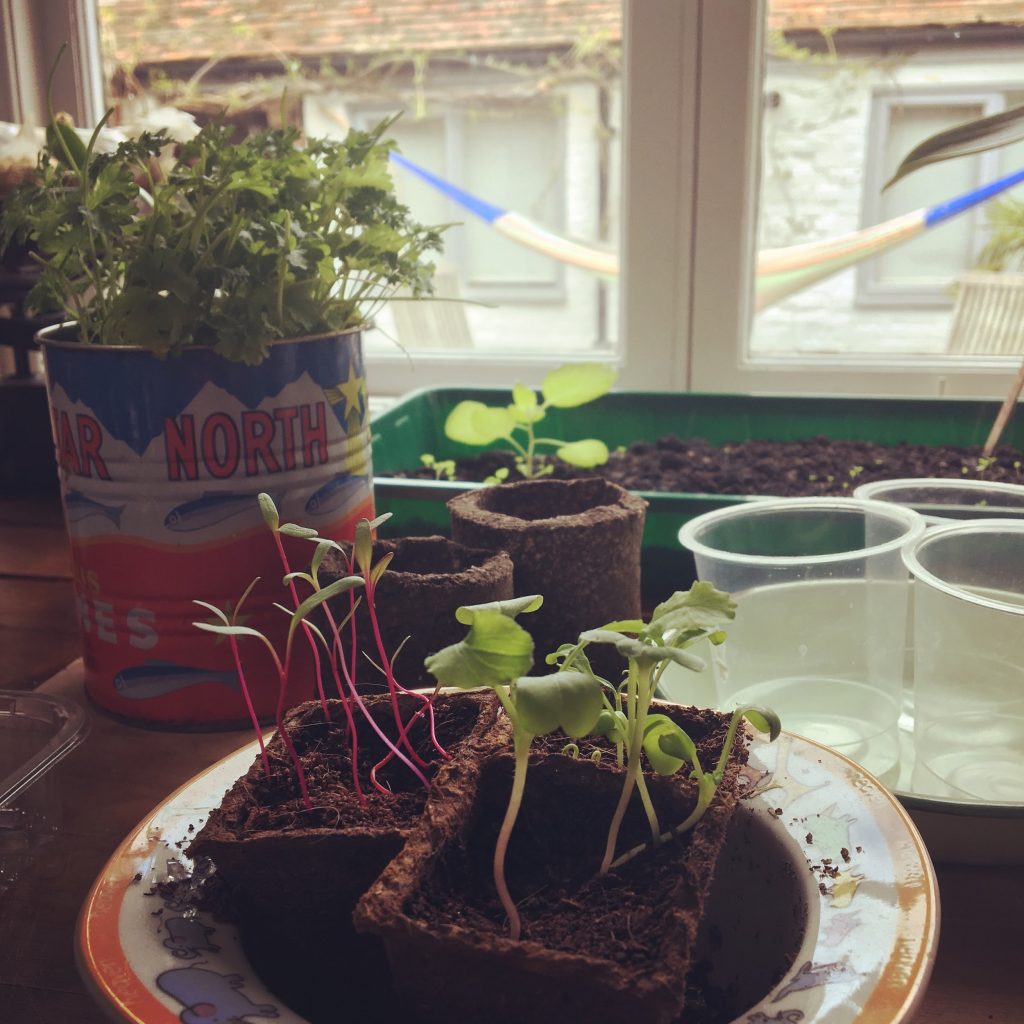
- If you have flower beds try planting some vegetables amongst the flowers. Many varieties of vegetables have attractive flowers for part of the year and might even add to your display.
- Put your name down for an allotment or consider sharing one.
- Join a local community food growing project if there is one in your area.
- Go fruit picking in the countryside, or find out about urban food foraging and get some tasty food for free. For example, in late summer and early autumn you might find lots of wild blackberry bushes growing in urban spaces, and some trees you walk by every day on your street might actually be apple or cherry.
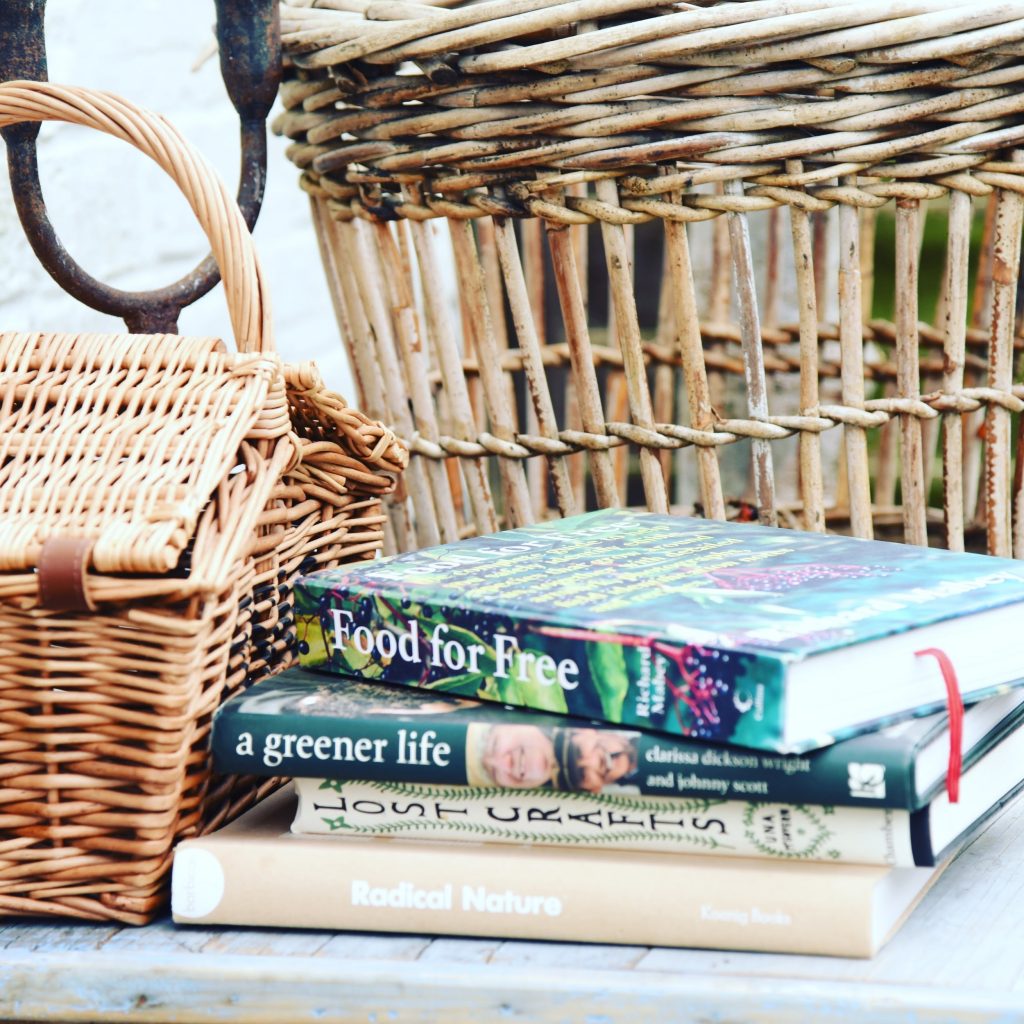
Get close to animals
- Go for walks in the countryside by rivers, fields and trees, and look out for wildlife. If you don’t live near open countryside, look out for urban wildlife in your local park, such as squirrels, fish, insects, ducks and other birds.
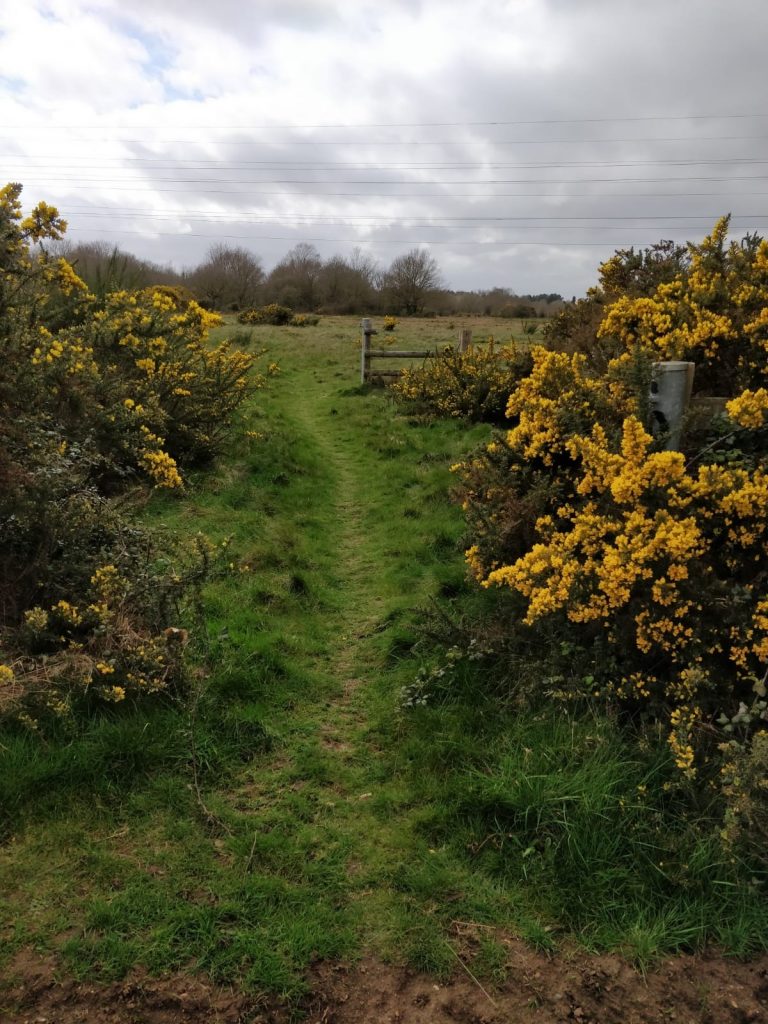
- Go birdwatching by yourself.
- Hang a bird feeder outside one of your windows. If you have the space you could build a small roosting box on a tree or under a windowsill so that you can watch baby sparrows or blue tits when they leave the nest. The RSPB provides more information on feeding and sheltering birds.
- Think about whether owning a pet would be the right thing for you. Many people find caring for a pet every day brings lots of benefits, but you need to be sure your home environment and personal circumstances would be the right thing for the animal as well as for you. If you don’t own your home, it’s also important to check if you’re allowed pets.
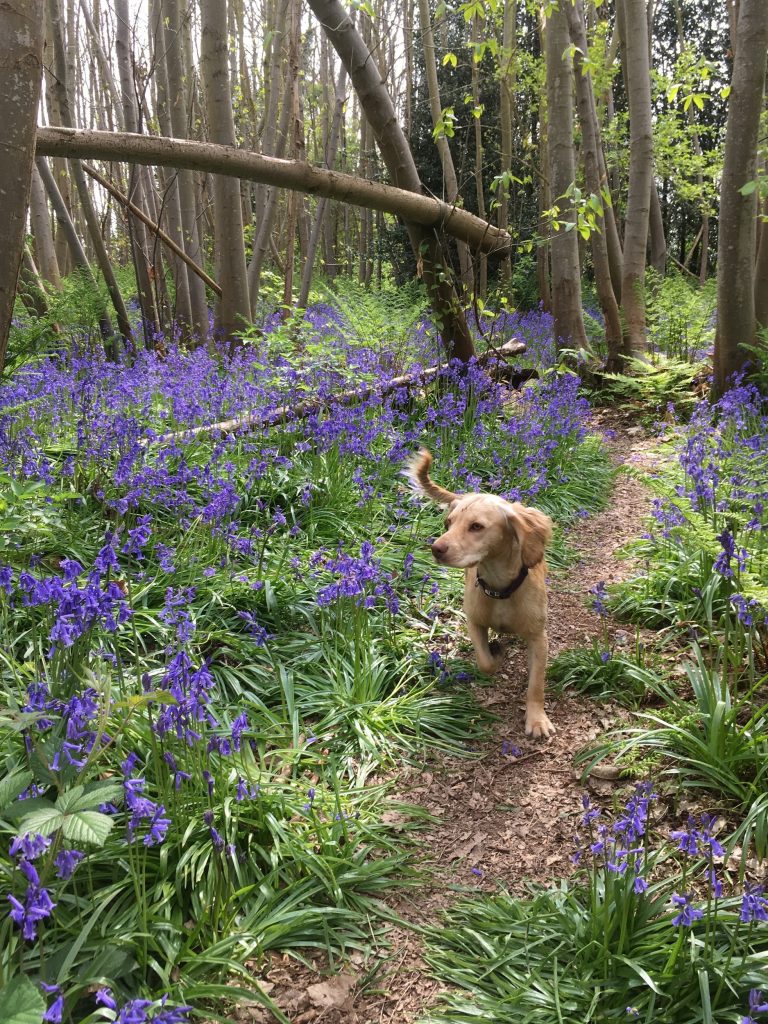
Do your bit for the Environment
- Go on a litter picking walk in the park or on the beach.
- Plant something outside the front of your home so that everybody who walks by can enjoy it.
- Plant flowers for the bees and berry bushes for the birds in your garden.
- Build an animal habitat – put up a bird box, create a hedgehog house or create a pond if you have enough space. Even a small pond can offer a home to creatures, such as newts and pond skaters.
Do more activities outdoors
- Build a ten minute walk into your day, see if you can plan the route so that you take in a park or river.
- If you have a garden create a space in it that you enjoy sitting in, have a picnic with home grown produce.
- Sit under a tree in silence for a while, lean back against it and feel it supporting you.
- Give yourself a sensory outdoor workout – find things to look at, listen to, taste, smell and touch. For inspiration visit the Let Nature Feed Your Senses website (letnaturefeedyoursenses.org).
Ecotherapy improves mental health, physical health, develops social life, builds confidence, strengthens your connection with nature and helps you practise mindfulness. There are many ways to get involved and more information and support available at mind.org.uk. You can also join in a weekly zoom meeting on Green Spaces KentCOG 2-3pm from my home and see many of these ideas being put into practice. Spaces are limited, to book email info@eastkentmind.org.uk.
Take care.
Emily Hill – KentCOG Coordinator
